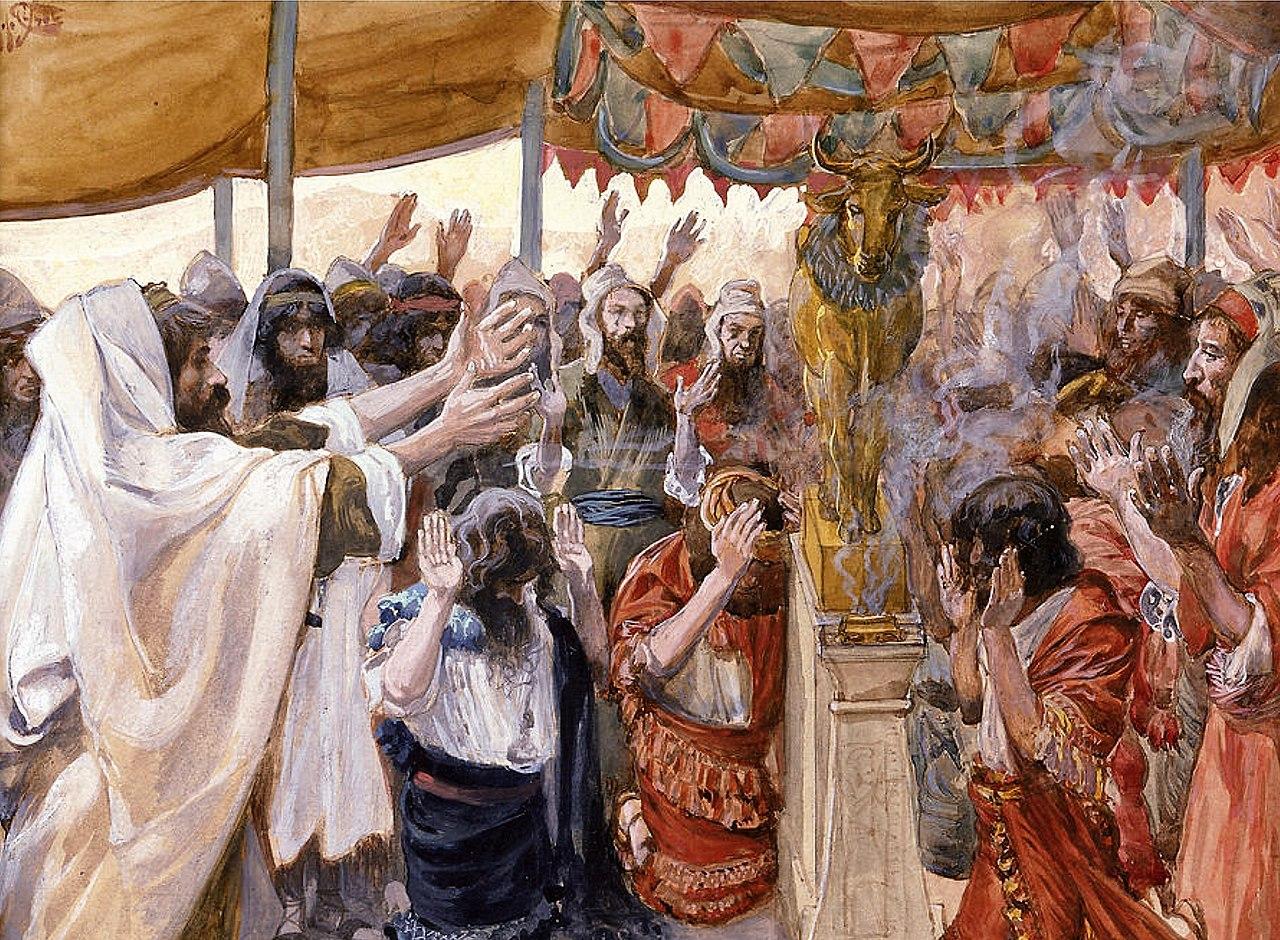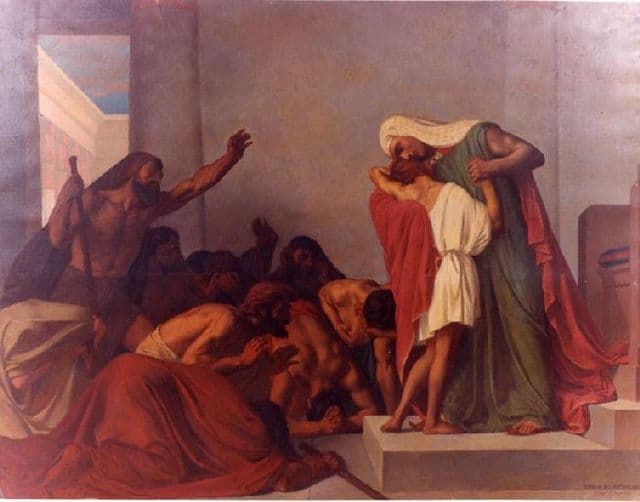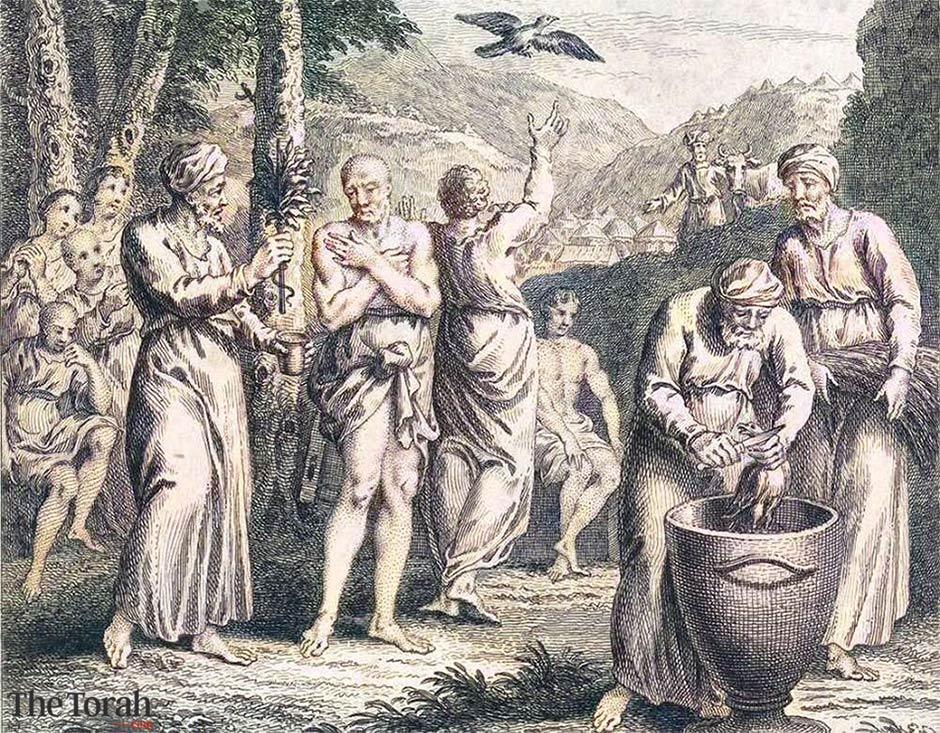| Aspect | Description |
|---|---|
| Parasha Number | The 20th Parasha in the Book of Exodus (Shemot). |
| Parasha Name | Ki Tisa (כִּי תִשָּׂא), translating to “When you take” in Hebrew, emphasizes the census of the Israelites and the instructions for the construction of the Tabernacle. |
| Torah Book | Exodus (Shemot). |
| Number of Verses | Comprises 121 verses. |
| Number of Words | Approximately 2,460 words in the Hebrew text. |
| Primary Characters | Central figures include Moses, Aaron, and the Israelites. |
| Key Themes | Focuses on the census of the Israelites, the sin of the Golden Calf, Moses’ intercession for the people, and the giving of the tablets of the Law. |
| Significant Events | Highlights the census of the Israelites, Moses’ encounter with God on Mount Sinai, the sin of the Golden Calf, and the renewal of the covenant. |
| Notable Quotes | Includes the commandments regarding the Sabbath, the sin of the Golden Calf, and Moses’ intercession for the people. |
| Legacy | Parashat Ki Tisa emphasizes the importance of repentance, the covenant between God and Israel, and the need for spiritual renewal. |
| Relevance Today | The themes of repentance, forgiveness, and the importance of adhering to God’s commandments remain relevant in contemporary religious practices. |
| Well-Known Stories | Include the sin of the Golden Calf, Moses’ intercession for the Israelites, and the giving of the tablets of the Law. |
| Special Observances | Considered significant in synagogue services, Parashat Ki Tisa is integral to Jewish liturgical traditions, especially during the season of Lent. |
| Connections to Other Texts | Ki Tisa connects with Parashat Terumah, continuing the narrative of the construction of the Tabernacle and the establishment of rituals. |
| Theological Significance | Highlights the importance of repentance, the consequences of idolatry, and the renewal of the covenant between God and Israel. |
Parashat Ki Tisa, the 20th portion in the Book of Exodus (Shemot), delves into significant events surrounding the Israelites’ journey in the wilderness. The term “Ki Tisa” translates to “When you elevate” in Hebrew, reflecting the narrative’s pivotal moments and the responsibilities entrusted to the Israelites.
In this parasha, one of the central events is the infamous incident of the Golden Calf, where the Israelites, impatient for Moses’ return from Mount Sinai, fashion an idol to worship. This rebellion against God’s commandments showcases the fragility of faith and the consequences of succumbing to temptation.
Moreover, Parashat Ki Tisa includes the details of the census and the half-shekel tax, highlighting the communal responsibility and contribution to the Tabernacle’s maintenance. The census signifies the importance of each individual within the community and their role in upholding sacred duties.
Additionally, Moses’ encounter with God on Mount Sinai underscores the significance of divine communication and the renewal of the covenant. Through Moses, God imparts further instructions, including the observance of the Sabbath and the importance of keeping it holy, reaffirming the bond between the Israelites and their Creator.
Parashat Ki Tisa emphasizes the themes of repentance, forgiveness, and the enduring covenant between God and His chosen people. Despite the challenges and setbacks faced by the Israelites, this portion reinforces the resilience of faith and the constant opportunity for spiritual growth and renewal.
Overall, Parashat Ki Tisa serves as a reminder of the complexities of human nature, the importance of fidelity to divine commandments, and the enduring relationship between God and His people. Its teachings continue to resonate within Jewish communities, offering guidance and inspiration in navigating life’s challenges and affirming the eternal bond between God and His chosen nation.
כי תשא
שמות ל׳:י״א-ל״ד:ל״ה
Ki Tisa
Exodus 30:11-34:35
“It is not the sound of the tune of triumph,
Or the sound of the tune of defeat;
It is the sound of song that I hear!”
מלכים א
י״ח:כ׳-ל״ט
I Kings
18:20-39
Ki Tisa
more on Parashat Parashat Ki Tisa: Golden Calf
Quick Guide: The Five Books of Moses
| Genesis | Exodus | Leviticus | Numbers | Deuteronomy |
|---|---|---|---|---|
| Bereshit (1:1-6:8) |
Shemot (1:1-6:1) |
Vayikra (1:1-5:26) |
Bemidbar (1:1-4:20) |
Devarim (1:1-3:22) |
| Noach (6:9-11:32) |
Va'era (6:2-9:35) |
Tzav (6:1-8:36) |
Naso (4:21-7:89) |
Va'etchanan (3:23-7:11) |
| Lech Lecha (12:1-17:27) |
Bo (10:1-13:16) |
Shemini (9:1-11:47) |
Behaalotecha (8:1-12:16) |
Ekev (7:12-11:25) |
| Vayera (18:1-22:24) |
Beshalach (13:17-17:16) |
Tazria (12:1-13:59) |
Shelach (13:1-15:41) |
Re'eh (11:26-16:17) |
| Chaye Sarah (23:1-25:18) |
Yitro (18:1-20:23) |
Metzora (14:1-15:33) |
Korach (16:1-18:32) |
Shoftim (16:18-21:9) |
| Toledot (25:19-28:9) |
Mishpatim (21:1-24:18) |
Achare Mot (16:1-18:30) |
Chukat (19:1-22:1) |
Ki Tetze (21:10-25:19) |
| Vayetze (28:10-32:3) |
Terumah (25:1-27:19) |
Kedoshim (19:1-20:27) |
Balak (22:2-25:9) |
Ki Tavo (26:1-29:8) |
| Vayishlach (32:4-36:43) |
Tetzaveh (27:20-30:10) |
Emor (21:1-24:23) |
Pinchas (25:10-30:1) |
Nitzavim (29:9-30:20) |
| Vayeshev (37:1-40:23) |
Ki Tisa (30:11-34:35) |
Behar (25:1-26:2) |
Matot (30:2-32:42) |
Vayelech (31:1-30) |
| Miketz (41:1-44:17) | Vayakhel (35:1-38:20) |
Bechukotai (26:3-27:34) |
Masei (33:1-36:13) |
Haazinu (32:1-52) |
| Vayigash (44:18-47:27) |
Pekude (38:21-40:38) |
V'Zot HaBeracha (33:1-34:12) |
||
| Vayechi (47:28-50:26) |









